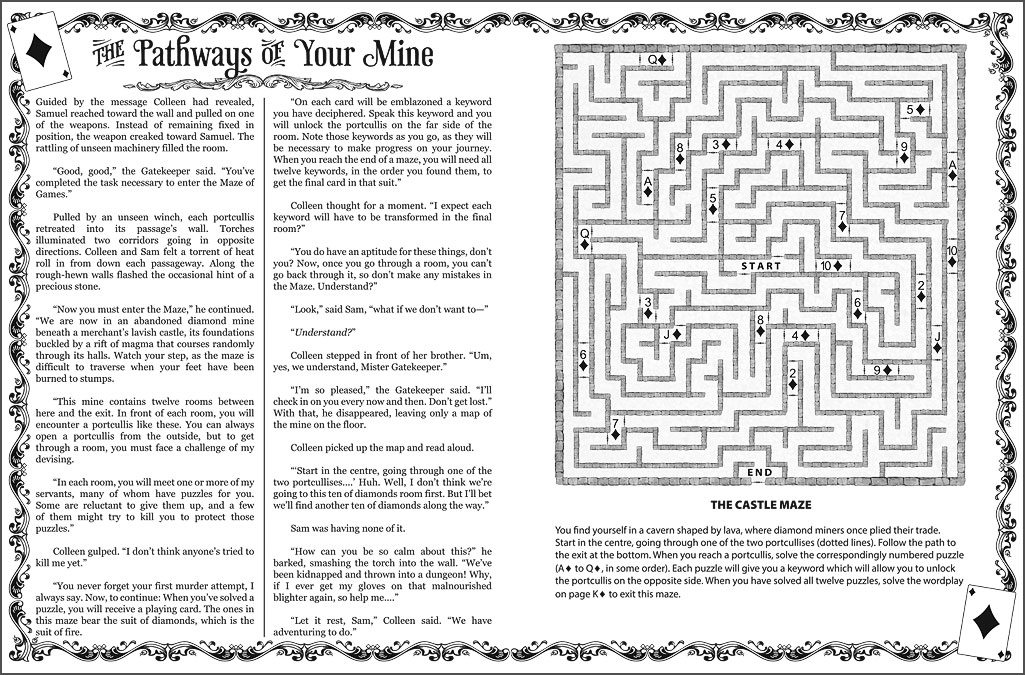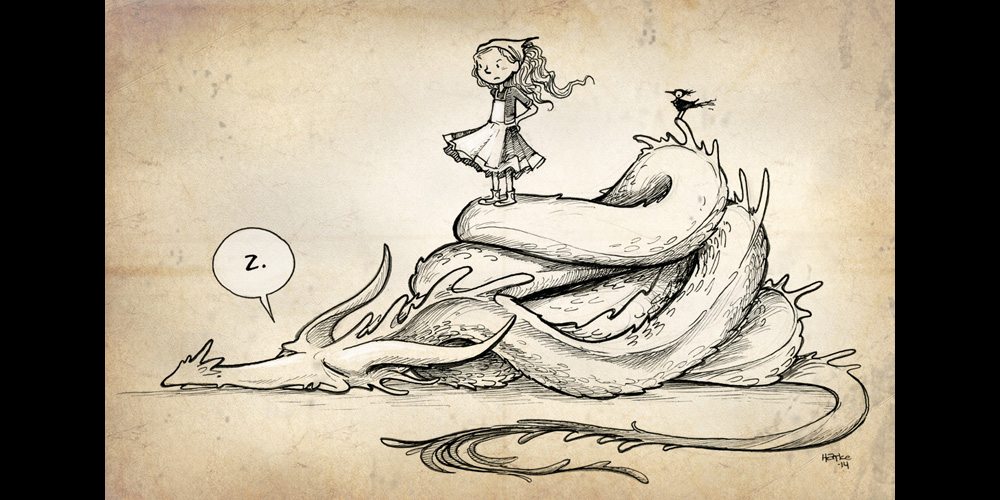 This Week’s Word Is “Monster.”
This Week’s Word Is “Monster.”
Frankenstein is probably the first “classic” novel I ever enjoyed reading; almost certainly because it wasn’t too far from my usual diet of SFF. I’ve read the novel a couple of times since and I’ve been struck by how timeless it is.
I’m also a great admirer of Jeanette Winterson’s writing. Her latest novel is an updating, a reinvention, an homage to Mary Shelley’s novel. Frankissstein won’t be to everybody’s taste, but I think it’s a master-work. The cleverest novel I’ve read in a very long time.
What is Frankissstein?
It’s more than a retelling of Frankenstein. It’s a reassessment of Shelley’s novel through the lens of the 21st Century. It examines how things haven’t changed that much in the years since Frankenstein was first published. Winterson shows that whilst the “monsters” may have changed, the nature of society isn’t that different.
Frankissstein is a strongly feminist novel, beginning by looking at the way in which Mary Shelley and women more generally were treated in 1816. It also dissects attitudes towards women in modern society and how many societal interactions are still governed by the shadow of centuries of patriarchy.
The novel’s narrative switches between two timeframes. First, there’s one involving Mary Shelley. This opens in the Villa Diodati, with the famous gathering of Byron, the Shelleys, Polidori, and Claire Clairmont. The place where Frankenstein was conceived. The other thread of the novel is set in the near future, with characters that parallel those who were present at the Villa.
Much like the original novel, the episodes that are set in the future examine what it is that makes us human. Is it our flesh and blood, or what’s in our mind? One of the central characters in this thread, Victor Stein, believes that the essence of the brain will one day be distilled into computer hardware. Individuals will be able to live on, after the death of their body, stored digitally. We will become immortal. Convinced of this, Stein is working with cryogenically frozen bodies to see if he can upload their brains into his experimental hardware.
The narrator of this section, Ry Shelley, is transgender, adding an additional layer of complexity to questions about whether our identity is defined by our bodies. Already, we know that we are not, so if we cast them off completely are we still human?
Why Read Frankissstein?
As I said at the top of the review, this is a remarkable book. Under what is quite a brash exterior, “it’s about AI and sex dolls,” is a multi-layered novel that is deeply thought-provoking and, at times, very funny. It is in every way a worthy successor to Frankenstein.
The sections set in the 1800s highlight the plight of women at the time. (Percy) Shelley, and in particular Byron, do not come out of this novel well. Winterson paints them as self-obsessed chauvinists, living in the moment, and casting off anything that no longer interests them. Shelley’s death by drowning is a sheer act of hubris, considering he had a wife and child who desperately needed him to be there. The less said about Byron’s antics towards his family the better. He would not be GeekDad Approved!
More interesting, to me at least, were the sections set in the near future. The idea of imbuing a computer with human memories and feelings is an uncanny parallel to the monster in the original novel. I also loved discovering the character parallels between those in the future narrative, and those who were at the Villa Diodati. Much as in the original story, the concept of what exactly constitutes a monster is fluid. Many of the novel’s characters are horrific in their own way.
This review has turned out to be the hardest I’ve ever written. I think the book is wonderful. The more time that has passed since reading it, the more impressed I have become. I have thought about it daily. There is so much to analyze in Frankissstein but for a journeyman wordsmith like myself to deconstruct it for a review is almost impossible.
Every facet of the novel is nuanced. It’s almost like a fractal pattern, with observation and commentary within each observation and commentary. Just trying to write this review has made me realize quite how much I need to read the book again.
Frankissstein is a novel with a finger on the pulse of humanity. It lays bare its frailties, its absurdities, its contradictions. It maps out our possible futures, it marvels at our ingenuity and creativity, it skewers our views on gender, sex, and sexuality. It poses difficult questions about the future of religion. It is very much Frankenstein unbound. Frankissstein is without a shadow of a doubt my stand out novel of the year so far.
If you enjoyed this review, do check out my other Word Wednesday posts, here.
If you’d like to pick up a copy of Frankissstein, you can do so here, in the US and here, in the UK.



